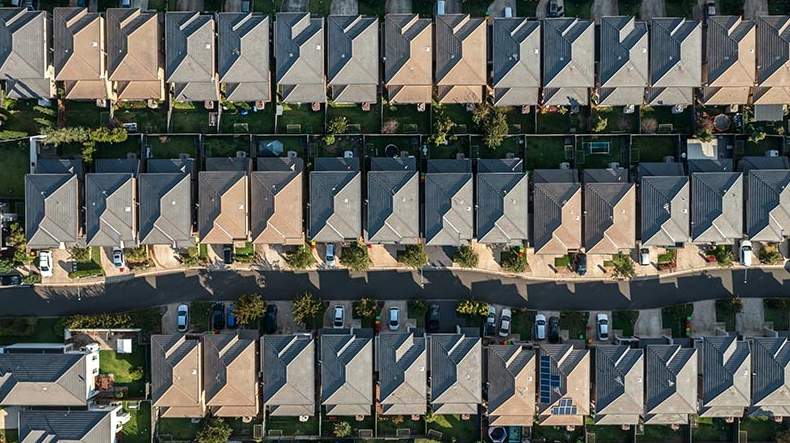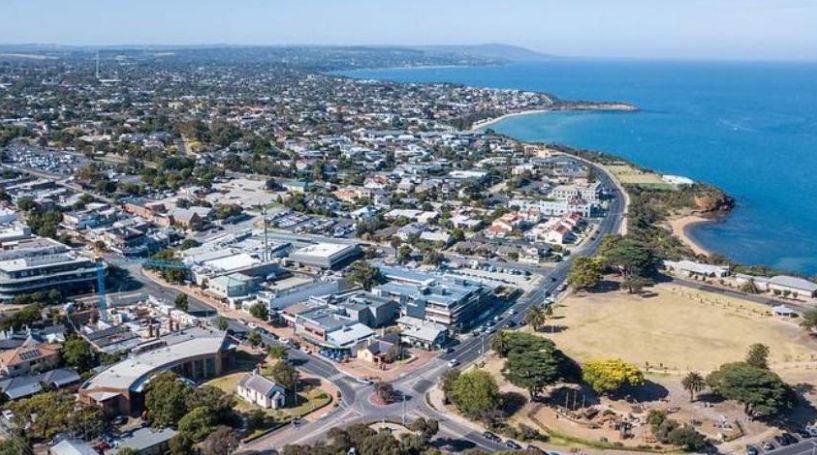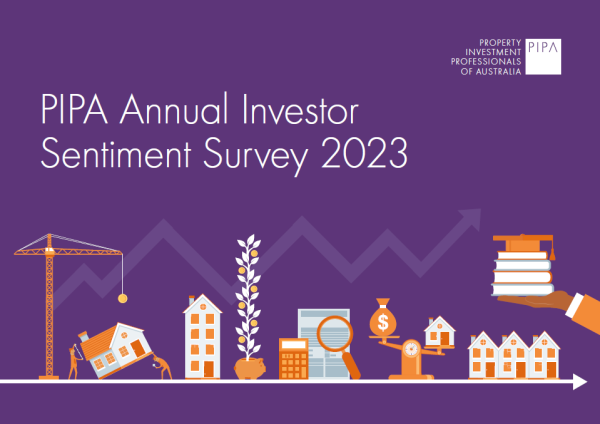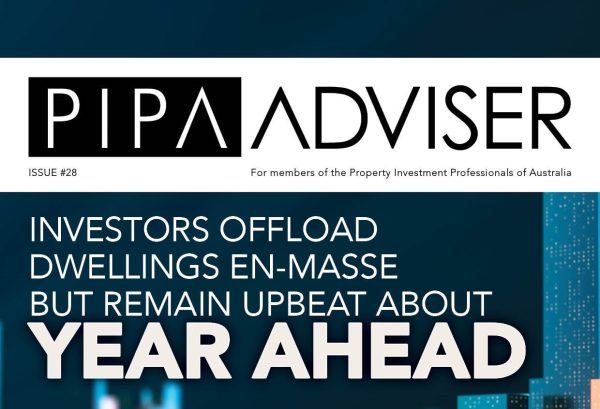Property investors should watch out for these big costs
Dec 2020Karen Millers
Categories
Location ReportsMedia releasesNational market updatesPersonal advisersPIPA AdviserPIPA Annual Investor Sentiment SurveysPIPA Member ProfilesPIPA video updatesPIPA webinarsPodcastsProperty advisersProperty newsLatest Articles
Rent rises ease but crisis’ link to population density found to be tenuous
Jordan van den Berg: The ‘Robin Hood’ TikToker taking on Australian landlords
Victorian property investors face yet another new property tax as council tests levy
Rentvesting in Australia: A deep dive
‘More chance of winning lotto’ than housing targets being met
Australia’s 2.2 million real estate investors are benefiting from record low interest rates but one big expense won’t go away – maintenance.
Many landlords fail to budget for replacing stuff, putting them at risk of losing their tenants or worse when a home starts looking tired.
But there are strategies to prevent problems, and it can start with a simple written plan.
Purple Cow Real Estate says investors should budget for all contingencies and future anticipated expenses.
It says these include repainting about every five years, replacing hot water systems within seven years, new carpets after eight years, new blinds and curtains every nine years, and replacing appliances such as dishwashers and clothes dryers every decade.
Investors who buy brand new properties shouldn’t have major maintenance costs for the first 10 years, particularly if they have a long-term tenant living there, according to Purple Cow client relationship manager Dana Hartley.
“But multiple tenancies put more wear and tear on a property,” she says.
She says some people become accidental investors, perhaps through an inheritance, and are not suited to it.
“Some landlords can’t afford to be landlords and they shouldn’t be landlords because they don’t want to spend any money,” Hartley says.
“What you put out is what you get back.”
Property Investment Professionals of Australia chairman Peter Koulizos says some of the most expensive big-ticket expenses are structural.
“Character-style homes make great investments but can also be quite costly if you are looking at underpinning or salt damp,” he says.
“Generally modern homes don’t have that.”
Koulizos says property investors should have a sinking fund that gives them access to money for future maintenance issues.
“The most efficient way to do it is to have it in an offset account,” he says.
Whether it’s big maintenance or repair expenses or lots of little ones, the costs can add up.
“We just fixed up an investment property, a three-bedroom house, with a paint job, floor coverings and gardening and it was $16,500,” Koulizos says.
He says landlords don’t need to “go nuts” with fresh paint and carpets too often.
“If it’s an older home, people expect older carpet,” he says.
“It depends on what the market wants and how much the rent is. If it’s threadbare, yes, but if the carpet is a bit old, it’s a bit old.”
Anthony Keane, The Daily Telegraph, 11 December 2020
https://www.dailytelegraph.com.au/lifestyle/smart/property-investors-should-watch-out-for-these-big-costs/news-story/2f27c94b4f2c2b21673cfad66f4a7bde?btr=5fa97be0c00589b8aea028885bef897b




